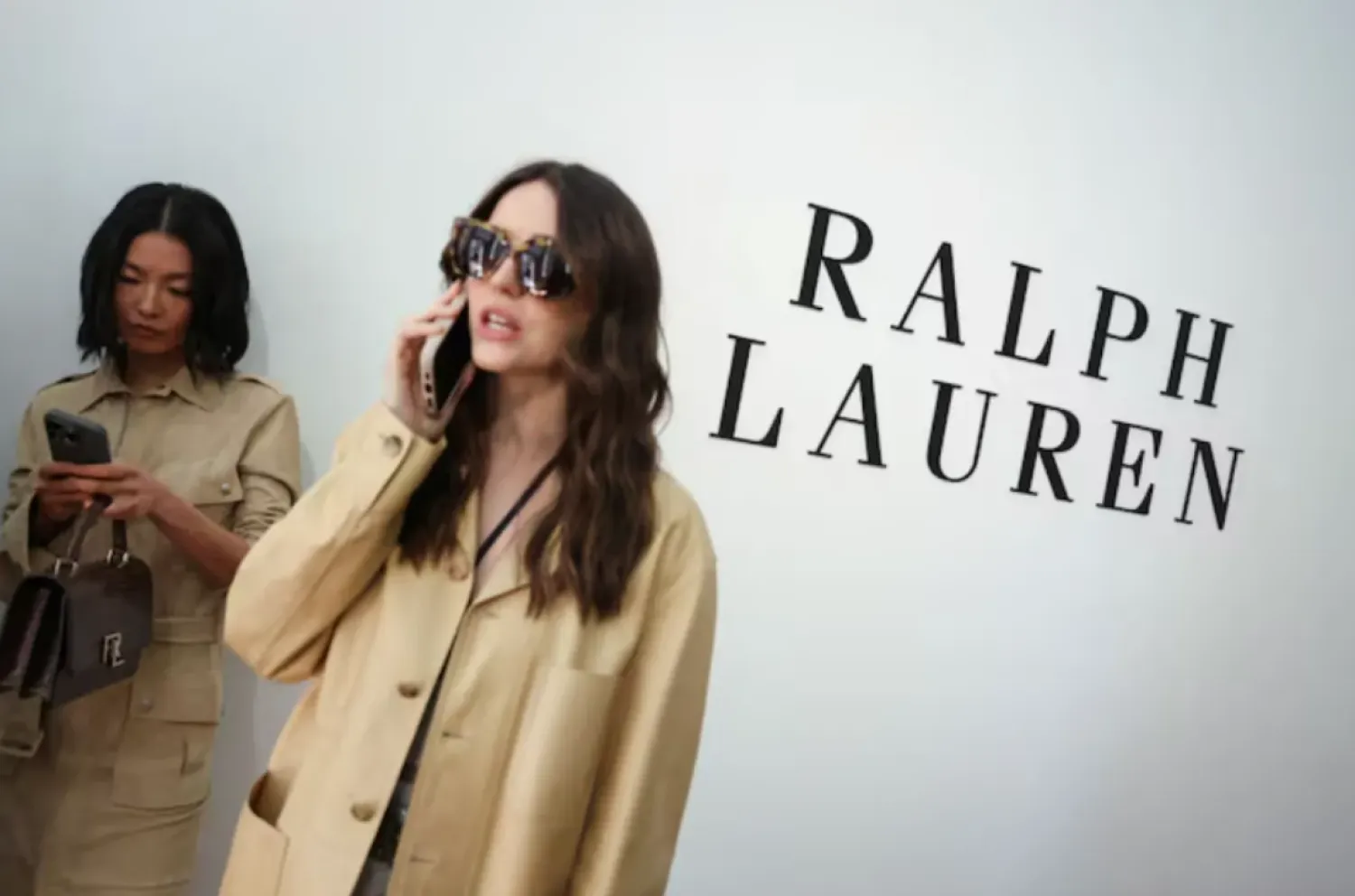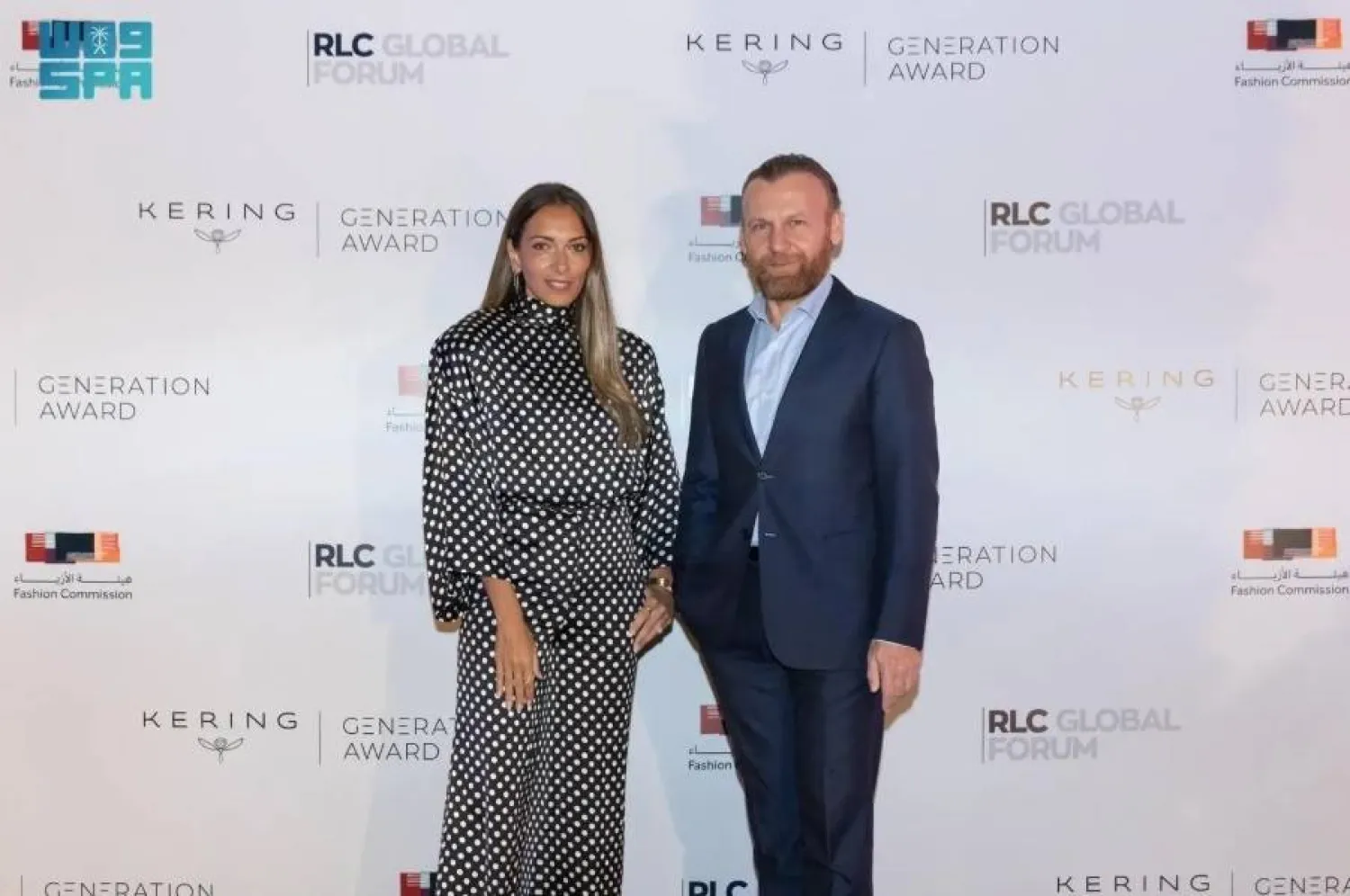Elle magazine announced on Thursday it will stop using fur in all its editorial and advertising content worldwide, becoming the first major publication to do so.
The monthly lifestyle magazine, which originated in France and is owned by French media group Lagardere, comes out in 45 different editions around the world.
It has some 33 million readers from Mexico to Japan, with 100 million monthly online visitors, AFP said.
But Elle's international director Valeria Bessolo Llopiz told a conference organized by The Business of Fashion publication that fur was no longer acceptable.
"The presence of animal fur in our pages and on our digital media is no longer in line with our values, nor our readers," she said.
"It is time for Elle to make a statement ... rejecting animal cruelty," she told delegates in Chipping Norton, in Oxfordshire, southern England.
Instead, she said the magazine wanted to "increase awareness for animal welfare" and "foster a more humane fashion industry".
The magazine has signed an undertaking to drop fur that is already in force in 13 of its editions.
Twenty more will impose the measure from January 1, 2022 and the rest will start a year later.
Welcoming Elle's decision, PJ Smith, director of fashion policy for the Humane Society of the United States, said he looked forward to other fashion magazines following suit.
"This announcement will ignite positive change throughout the entire fashion industry and has the potential to save countless animals from a life of suffering and a cruel death," he told the conference.
"Fur promotions belong only in the back copies of fashion magazines from days gone by," the UK director of animal rights organisation PETA, Elisa Allen, told AFP.
She welcomed decisions by publications including British Vogue, InStyle USA, Cosmopolitan UK, and the newly launched Vogue Scandinavia for rejecting fur on their editorial pages and expects the move to soon extend to advertising.









